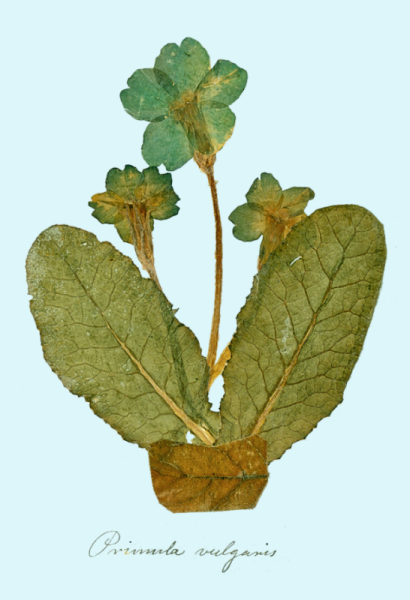Contact Details
Central Library
The Wellgate
Dundee
DD1 1DB
Opening Hours
| Day | Time |
|---|---|
| Monday, Tuesday, Thursday, Friday | 9.00am to 6.00pm |
| Wednesday | 10.00am to 6.00pm |
| Saturday | 9.30am to 5.00pm |
William Gardiner, the poet botanist, was born in Dundee in 1809. Like most Scotch boys whose parents were in humble circumstances, he got a very small share of schooling, it consisting in little more than learning to read and write. At the early age of 10, he was apprenticed to an umbrella maker, in whose employment he remained five years.
When his apprenticeship was completed, he removed to the shop of Mr George Robertson, hosier and umbrella maker, where he remained till 1844. Possessed of an indomitable spirit of perseverance, he set himself, by study and the attendance at evening classes, to make up for his early lack of education; and his after publications show how successful he had been in accomplishing his object; while his poetical effusions, scattered through his writings, indicate his refined taste.
He very early commenced the study of botany. Indeed, from his earliest years he had been familiarised with plants. His father, as well as his uncle, had a love of botanical pursuits, and they endeavoured early to instil into his mind a love for their favourite science. Frequently he accompanied them in their botanical rambles, and through them was introduced to others of kindred tastes.
Amongst these William Jackson, Jun., with whom a lasting friendship was formed, which was terminated only by death. To these causes may be traced much of that enthusiasm which afterwards distinguished him. He took an interest in all departments of natural history, but his chief study was botany, and to his this latterly he gave his undivided attention. His frequent visits to the various localities in the neighbourhood of the town, had made him familiar with their botanical treasures.
The Den of Mains, Hare Craigs, Baldovan Woods, and Will’s Braes were often visited in the early summer mornings, or after the work of the day was over, in search of wild flowers. This latter place especially was a favourite resort both for its botanical treasures and its scenery. He not only loved flowers, but also the associations with which they were surrounded. The singing of birds, the chirrup of grasshopper, or the hum of the bee, were delightful sounds to his ears, and sometimes he would embody his feelings in verse.
As an illustration of his love of poetry, we may quote his lines ‘To the Laced-winged Fly,’ introduced by him in the course of a lecture ‘On the Transformation of Insects,’ which he delivered at the Watt Institute on the evening of Wednesday, March 9, 1836:
Mr Gardiner died as he had lived – a poor man. He never seemed to have any great ambition to rise above the position in which he was born.
He loved science for its own sake, and pursued it for the pleasure it yielded. At one time, he was offered a botanical appointment by Sir William J. Hooker; but having then an aged mother to support, he declined the offer.
Mr Gardiner had been indisposed some time previous to his death, but had so far recovered as to be able to look over his collections for specimens to illustrate the new edition of his Mosses; but having gone a short distance to breathe the fresh air, he caught fever, which completely prostrated him, and terminated his earthly career on June 21, 1852, at the age of 43.
Believe it or not, the dried flowers shown in this section are over 150 years old and were gathered by the early 19th century Dundee botanist, William Gardiner
They now form part of The Lamb Collection, which is held in the Local Studies Department of Dundee Central Library, in Scotland, together with several editions of his two most celebrated publications, and correspondance concerning posthumous reprints.
These dried specimens are not the only Gardiner holdings in Dundee Central Library’s Lamb Collection. There are also Letters, Publications, Manuscripts and Tributes to William Gardiner.



